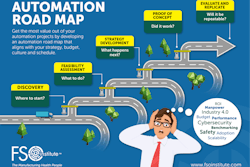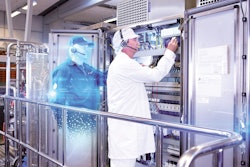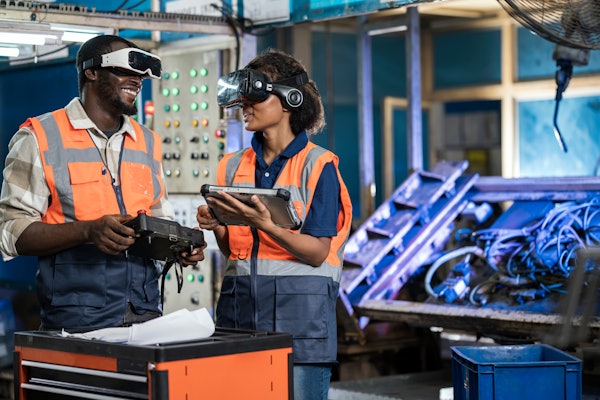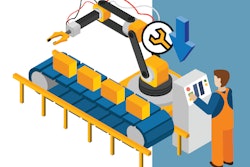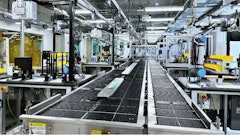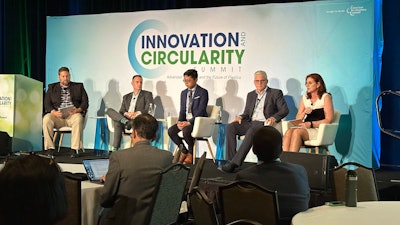
Editors at Packaging World have kicked around the idea of standardizing on one descriptor—among advanced, chemical, or molecular—to refer to a host of burgeoning recycling technologies that tend to revolve around (but aren’t limited to) depolymerization via pyrolysis, gasification, or solvents. My instinct was to default to “chemical” recycling, the earliest common descriptor. But “advanced” is an inclusive umbrella term that doesn’t carry the negative connotation baggage that some say the word “chemical” elicits. Meanwhile, “molecular” limits conversation to the depolymerization set of technologies, thus omitting methods like PureCycle polypropylene recovery. As PureCycle’s Matt Cripe explained to me at the recent MRP Solutions Sustainability Summit near Chicago, the tech cleans PP to virgin quality, but it doesn’t break it down to a monomer. Anyhow, PW will hold off on standardizing on a single descriptor for now.
This minor editorial conundrum is a microcosm of the public relations problem faced by advanced recycling (I guess I’m going with “advanced”). A big source of negative press has come from Senator Corey Booker (D-NJ) and other legislators who, in my opinion, have oversimplified pyrolysis and gasification (advanced recycling methods), labeling them as incineration instead of recycling to focus on CO2 byproducts. They aim to convince the Environmental Protection Agency (EPA) to keep considering these techs municipal waste combustion, and thus regulate them under the Clean Air Act. The experts tend to wear down non-expert legislators over time, so I’m hoping a course correction will occur. Or, as my buddy Eric Greenberg suggests in his column here, maybe agencies like the EPA won’t have such sharp teeth before long.
I heard advanced recycling’s PR travails laid bare in Orlando last month at the American Chemistry Council’s Innovation & Circularity Summit, in a panel discussion on the so-called mass balance approach, third-party certification for credibility, and ongoing consumer education.
Advanced recycling technologies often rely on the mass balance approach—a process of describing and accounting for the use of advanced recycled or bio-based feedstock in a final product when both recycled and virgin feedstock, or bio-based and fossil feedstock, have been used in the process. Since advanced recycling is a nascent tech, it’s not often practical for a usage figure to get even close to 100%, given chemically recycled PCR’s scarcity. So the approach is a matter of averages. Some of that chemically recycled material comes into a brand or producer facility, and some of it leaves the facility as packaging. The mass balance just accounts for how much of it is used as a part of the whole. This means the shampoo bottle with a claim that it is made from 30% advanced recycled PCR may not contain any, or perhaps more or less. But the company that produced it is indeed using that percentage of that material over a given product line.





